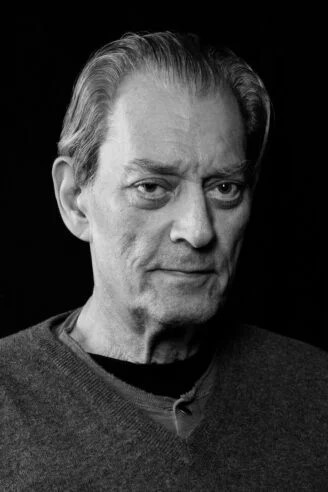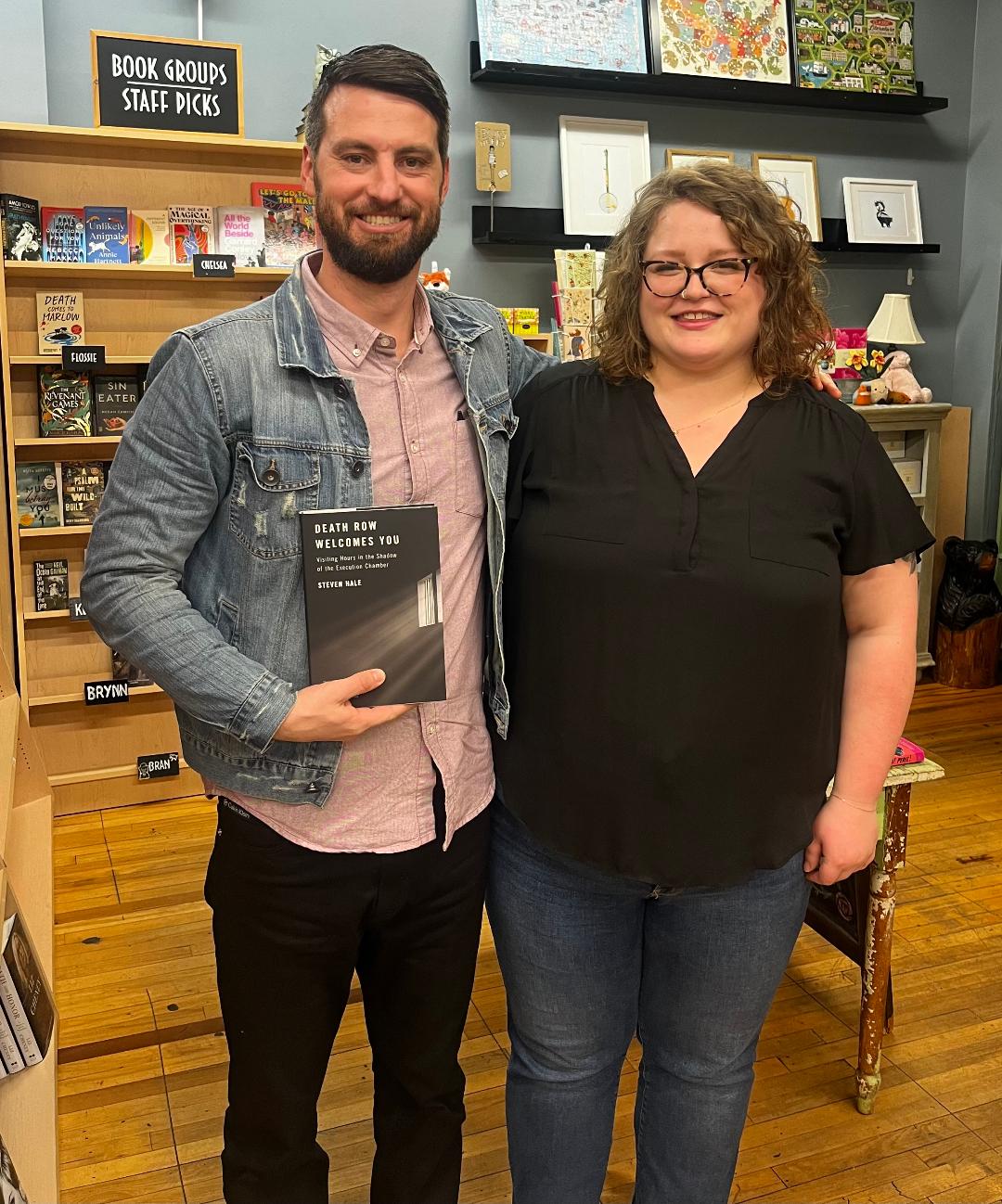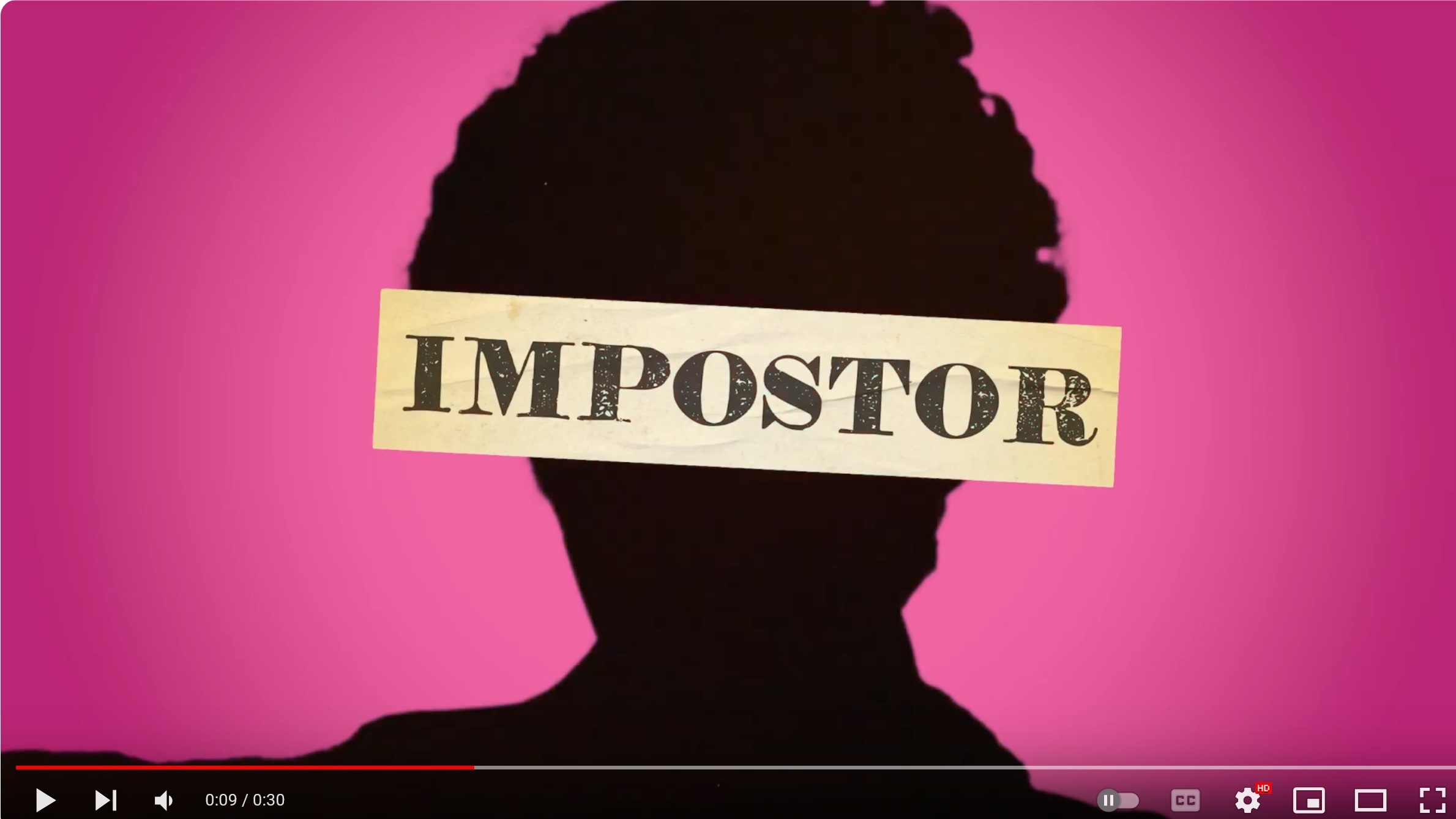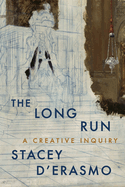 |
| Paul Auster |
Paul Auster, "the prolific novelist, memoirist and screenwriter who rose to fame in the 1980s with his postmodern reanimation of the noir novel and who endured to become one of the signature New York writers of his generation," died April 30, the New York Times reported. He was 77. Auster published more than 30 books, including 18 novels and several acclaimed memoirs and assorted autobiographical works, along with plays, screenplays and collections of stories, essays and poems.
"Auster played brilliantly throughout his career in the game of literary postmodernism, but with a simplicity of language that could have come out of a detective novel," said Will Blythe, the author and former literary editor of Esquire. "He seemed to view life itself as fiction, in which one's self evolves exactly the way a writer creates a character."
In 1969, after earning a master's degree in comparative literature from Columbia University, Auster "did a stint working on an oil tanker before moving to Paris. There he scraped together rent money by translating French literature while starting to publish his own work in literary journals," the Times wrote. He published his first book, a collection of translations called A Little Anthology of Surrealist Poems, in 1972. In 1974, he returned to New York City.
Auster's career began to gain momentum in 1982, with his memoir The Invention of Solitude, a rumination on his distant relationship with his recently deceased father. His first novel, City of Glass, was rejected by 17 publishers before it was published by a small press in California in 1985. The book became the first installment of the New York Trilogy--along with Ghosts (1986) and The Locked Room (1986)--three novels later packaged in a single volume.
His other novels include In the Country of Last Things (1987), Moon Palace (1989), Leviathan (1992), The Book of Illusions (2002), 4 3 2 1 (2017), and Baumgartner (2023). Among his memoirs are Hand to Mouth (1997), Winter Journal (2012), and A Life in Words (2017). Other books include The Story of My Typewriter (2002, with illustrations by the painter Sam Messer), Burning Boy: The Life and Work of Stephen Crane (2021), and Bloodbath Nation (2023).
He also wrote several screenplays, including Smoke (1995), directed by Wayne Wang and based on a Christmas story Auster published in the Times, which noted that it "drew deeply from his life in Park Slope, where he shared a brick townhouse with his wife, the novelist Siri Hustvedt." The director and writer also collaborated on a follow-up, Blue in the Face. Auster would go on to write and direct Lulu on the Bridge (1998) and The Inner Life of Martin Frost (2007).
Auster was named a chevalier of the Order of Arts and Letters by the French government in 1991. He was also shortlisted for the Booker Prize and voted into the American Academy of Arts and Letters.
"I think he was a really exciting and compelling voice of his generation," Alys Moody, a professor who teaches postwar American literature, told NPR. "Auster will be remembered for being one of the leading figures in a post-modern tradition that's reimagining how central language is, and how central writing is, and how central above all storytelling is."
Faber posted on social media: "Paul was a towering figure on the Faber list and among the truly great innovators of the literature of the past half century. We are a company of Paul Auster fans and many of us will be thinking today of our first Paul Auster book and the path it led us on."
Suzanne Nossel, CEO of PEN America, where Auster had previously served as a v-p, commented: "In addition to shaping the worldviews of generations of Americans through his bracing and beloved novels, Paul Auster was a writer's writer, consistently standing in solidarity with authors in China, Iran, Russia and around the world who were persecuted for what he was able to do freely: exercise his imagination and tell stories."
The Guardian featured several tributes from fellow authors, including Ian McEwan, who said, "If his imagination seemed so spacious it was because he was as much a European as an American writer. If he had Thoreau at his back, he also had Beckett. It is possible to cross a Paul Auster Platz and walk down a rue Paul Auster. Not many novelists have been so honored."
Colum McCann observed: "One of the beauties of literature is that it remains with us even beyond death, and the thing we can celebrate is that we will have Paul's words still speaking to us down through those years yet to come."
"All along, my only ambition had been to write," Auster observed in his brief memoir, Hand to Mouth (1995). "I had known that as early as 16 or 17 years old, and I had never deluded myself into thinking I could make a living at it. Becoming a writer is not a 'career decision' like becoming a doctor or a policeman. You don't choose it so much as get chosen, and once you accept the fact that you're not fit for anything else, you have to be prepared to walk a long, hard road for the rest of your days.... All I wanted was a chance to do the work I felt I had it in me to do."
 This summer, married couple Whitney Jensen and Skye Gunter will open Violet Volumes Bookstore in Victor, Idaho, Buckrail reported.
This summer, married couple Whitney Jensen and Skye Gunter will open Violet Volumes Bookstore in Victor, Idaho, Buckrail reported.











 "
" "No game tonight, but the Knicks take on the Sixers again tomorrow night!" That was the NBA playoff update from
"No game tonight, but the Knicks take on the Sixers again tomorrow night!" That was the NBA playoff update from  The Impostor Heiress: Cassie Chadwick, The Greatest Grifter of the Gilded Age
The Impostor Heiress: Cassie Chadwick, The Greatest Grifter of the Gilded Age Anyone looking for useful insight into the creative process will find it in Stacey D'Erasmo's stimulating The Long Run: A Creative Inquiry. In this brief but impressively substantive exploration of the lives and work of eight artists who have sustained enduring careers, D'Erasmo also interrogates her own path as a novelist, literary critic, and teacher as she searches for the answer to one pressing question: "How do we keep doing this--making art?"
Anyone looking for useful insight into the creative process will find it in Stacey D'Erasmo's stimulating The Long Run: A Creative Inquiry. In this brief but impressively substantive exploration of the lives and work of eight artists who have sustained enduring careers, D'Erasmo also interrogates her own path as a novelist, literary critic, and teacher as she searches for the answer to one pressing question: "How do we keep doing this--making art?"